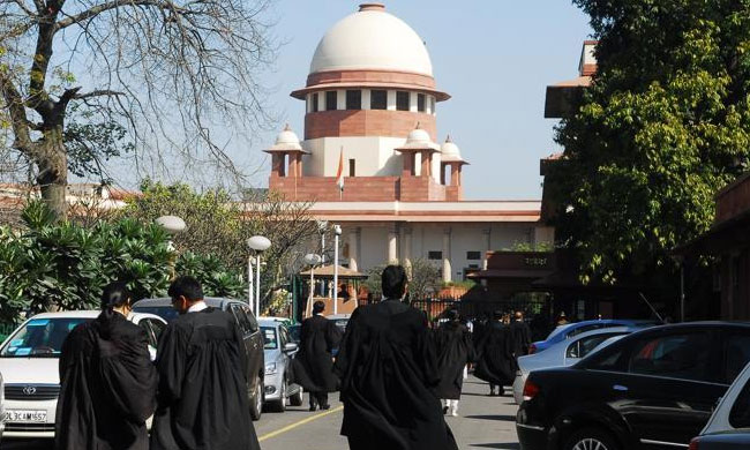Next Story
8 Oct 2019 12:18 PM IST
Can a non-lawyer appear on behalf of a litigant in a court of law? Or Can a litigant engage a person who is not a lawyer to represent him/her before a court of law? This piece attempts to answer these queries.Statutory Scheme Section 30 of the Advocates Act gives statutory right to every advocate whose name is entered in the [State roll] the right to practise in all courts including...

